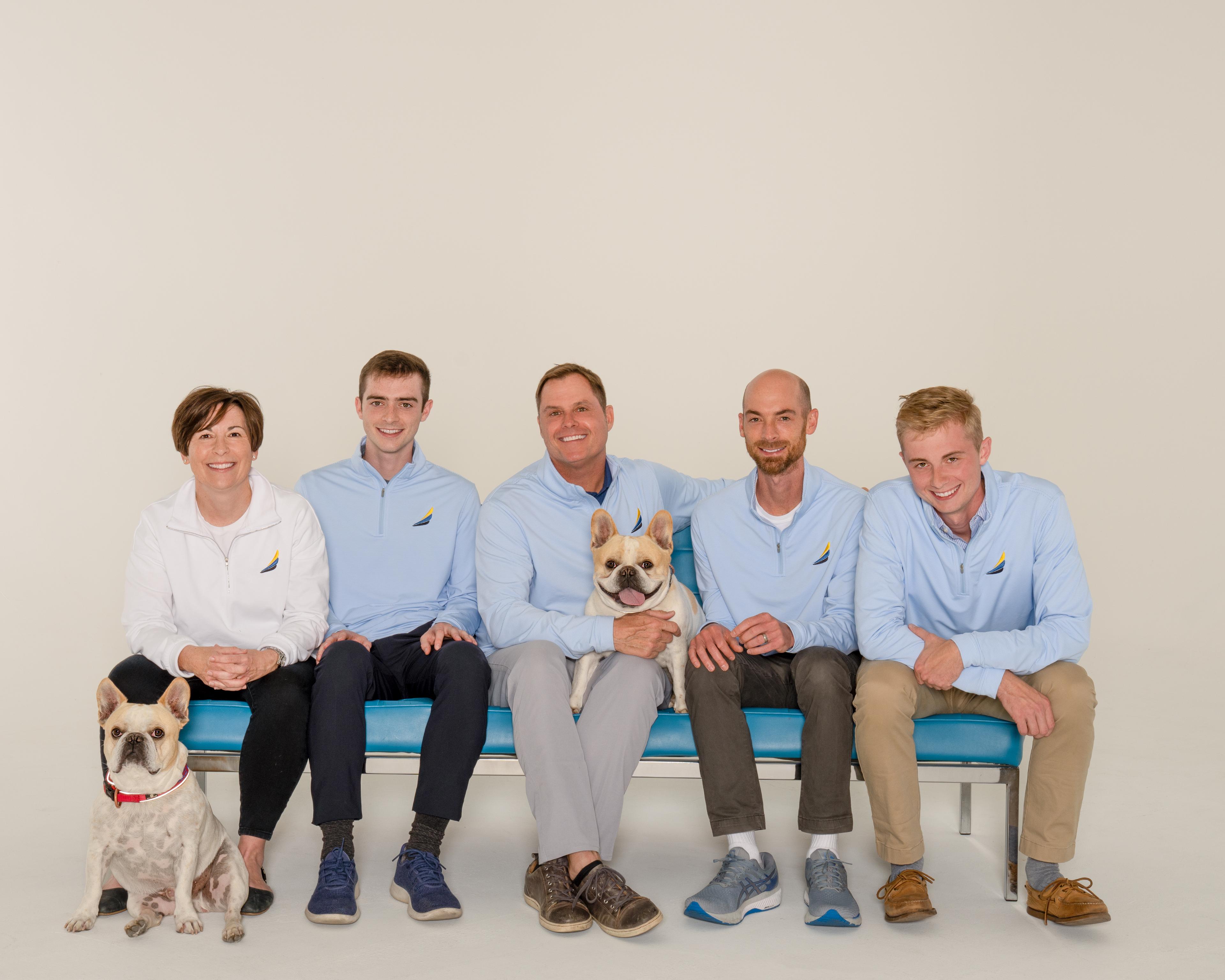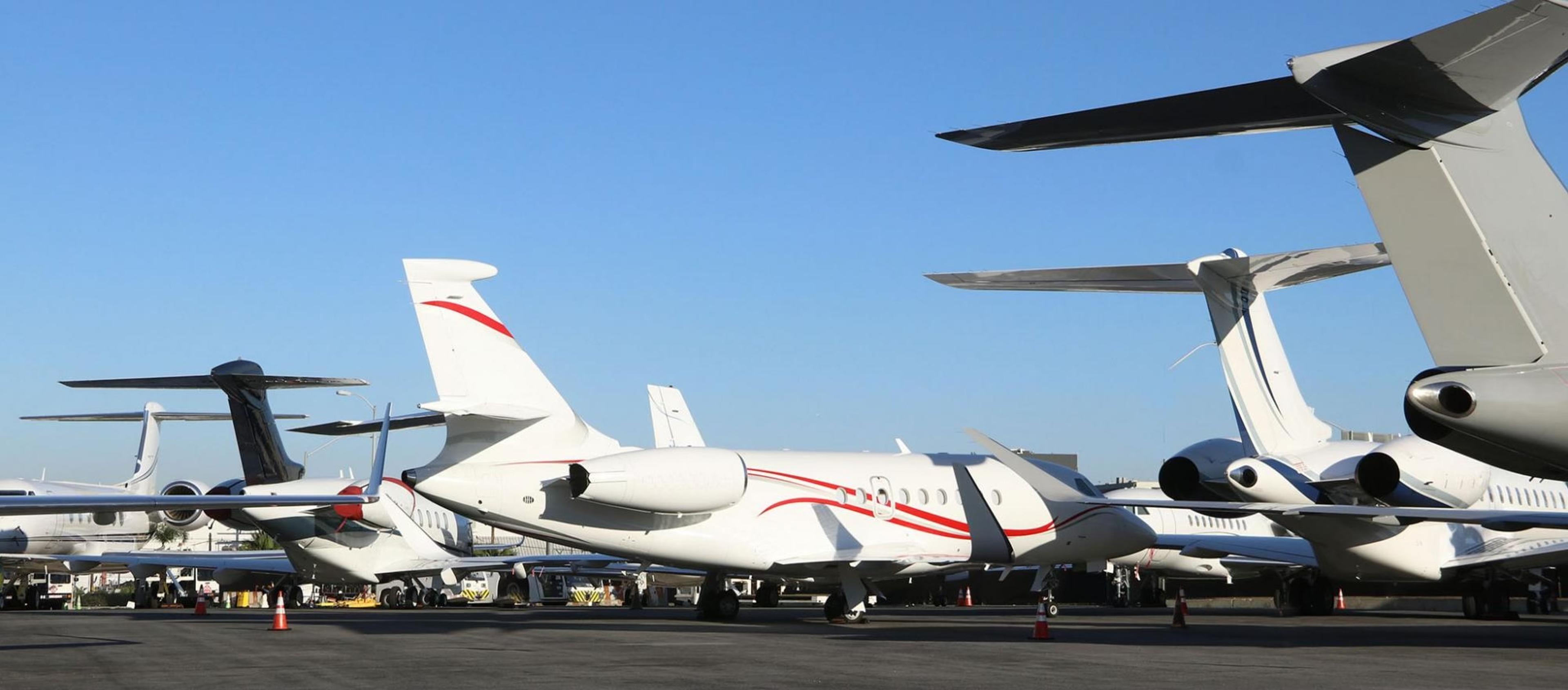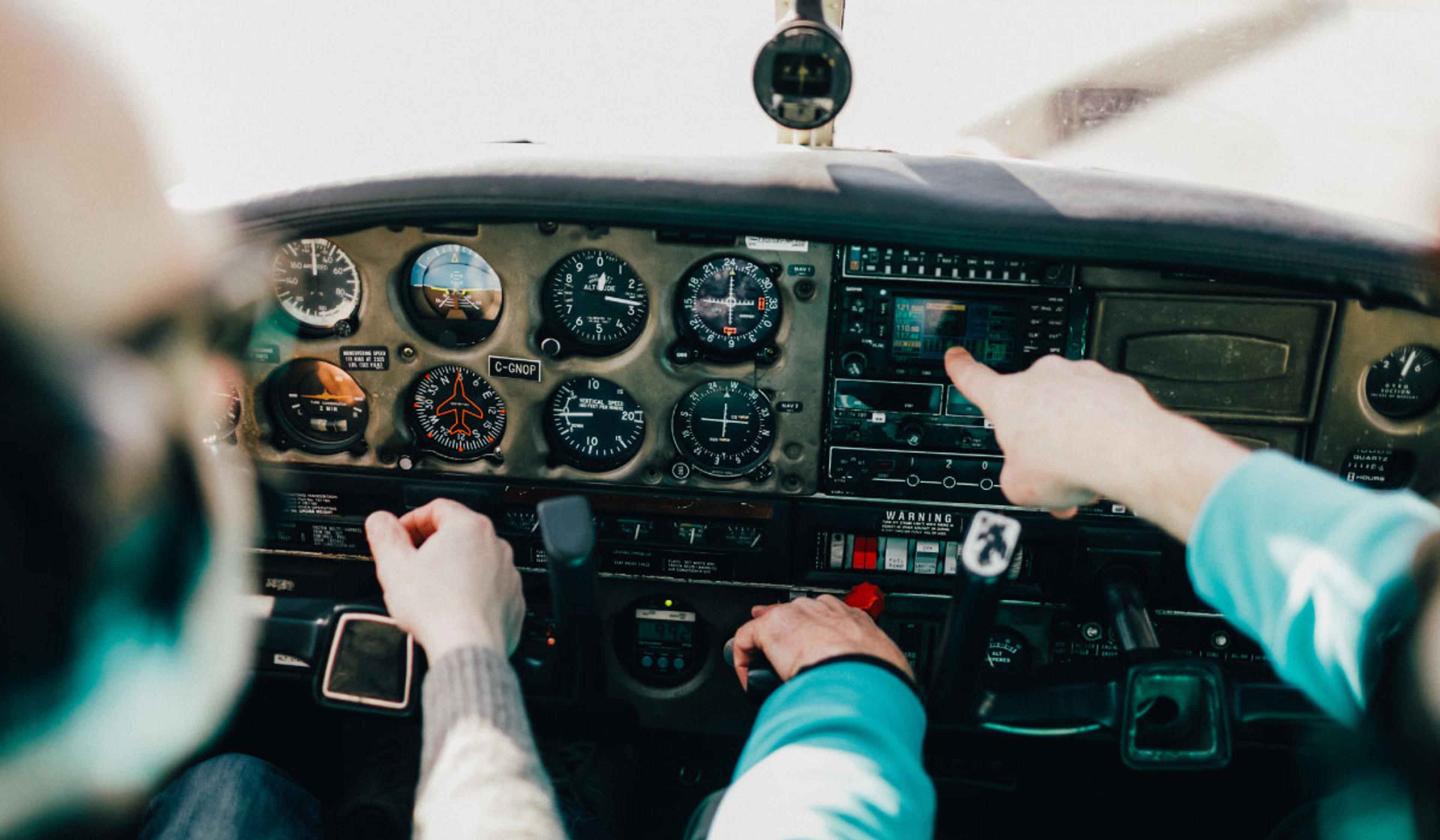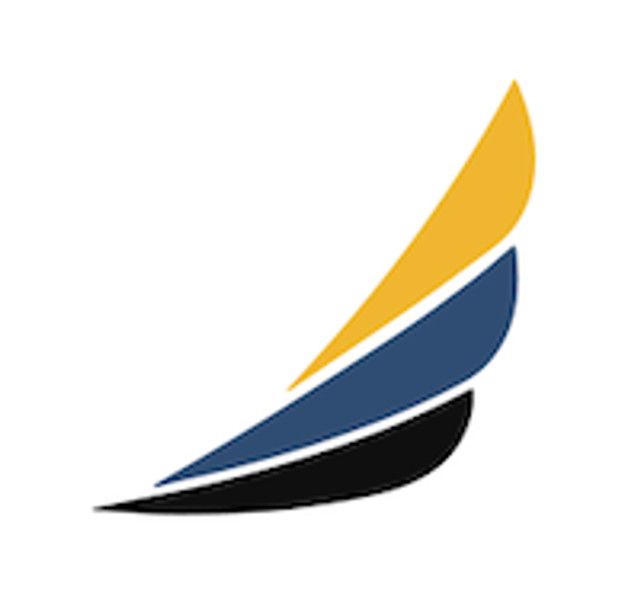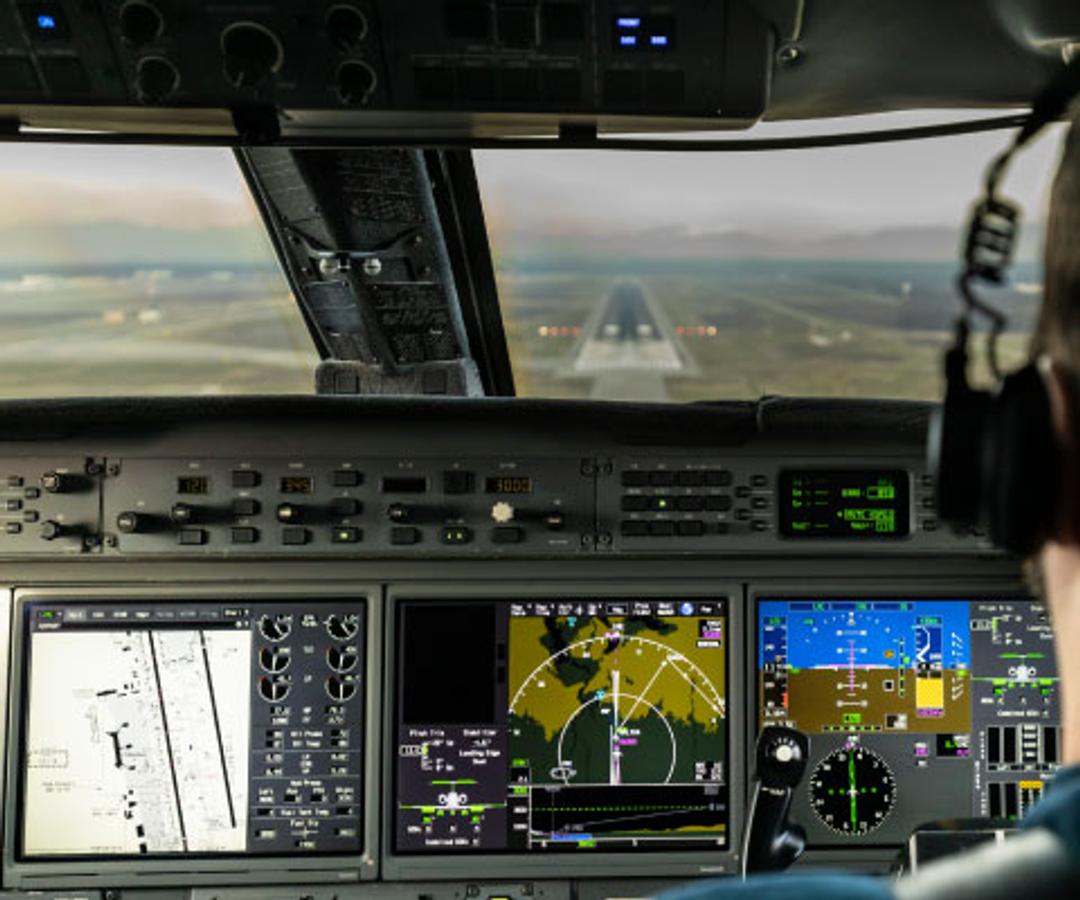

The corporate aviation industry is cyclical with regular ups and downs. This means that a typical career path in aviation for a corporate pilot, flight attendant or contract aviation professional will be cyclical so it’s a good idea to update your job search skills. At first, it is perfectly natural to complete all of your necessary training and then adopt that blank stare and wonder “now what?” It never gets any easier. Even after ten years in a full time gig, when the rug is pulled out and you need to start a new corporate aviation job search, you’ll need to brush up on effective search skills so you don’t just waste time spinning your fan blades and planting new gardens. Fortunately there are some great tools available to us right now if we just do a little digging and planning.
1. Hangar Hopping
Admittedly, "hangar hopping" is an old school corporate aviation job search tip but worth including on the list. To make this effective takes a little prep work. Figure out who is the manager of your target FBO and make an appointment. Dress the part and bring in your resume and references in a nice portfolio along with some business cards they can distribute. Behave like a businessperson and show up first thing in the morning, when it’s quiet. Don’t just show up during a busy phase of their day to shove a resume at whomever is working the desk. If you're searching for a corporate aviation job, it never hurts for your local FBOs to be able to put a name and face together.
2. Job Search Websites
You are here at BizjetJobs, so you know about job search websites for aviation. Chances are you have also learned another important lesson: You get what you pay for. There are a lot of free sites out there that post corporate aviation jobs that are completely irrelevant. Your time is more important than that. These sites also never seem to post the real careers. Select wisely and then focus. Take a look at the resumes posted by pilots and FAs on the corporate aviation job search site. Do they look like professionals? You’ll quickly get a feel for the type of employer that will be looking at the site for candidates. Then use the site to the best of your advantage:
- Create a clean, informative resume and post it.
- Check the site every day for new job postings in your geography, or aircraft.
- Use the “Flight Departments” (Aviation Employers Database: https://www.bizjetjobs.com/dashboard/flight-directory) section to conduct your own corporate aviation job search: You can search by company name, city or state. Narrow it down to companies that interest you and select them. You’ll get important contact information so you can address a person directly by name rather than “to whom it may concern.” Always more effective.
3. Local & National Corporate Aviation Groups
These are amazing opportunities to immerse yourself in the local aviation community and network casually. I belong to one in Northern California (NCBAA) that meets once a month typically for a luncheon. There is a presentation on a wide variety of topics from safety to tech and the organization is inclusive of everyone from flight attendants to CEOs. There are committees for mentoring and training and safety and many opportunities to get involved in a way that interests you as an individual. Each month you get to know a few more people in your local community. Some months I meet a few line service reps and others I might meet a few pilots. In the end, when someone needs help it is easier to contact someone they’ve met. Participating in local corporate aviation groups can be not only fun, but also incredibly valuable for networking. These groups exist in communities all over the country and are worth checking out.
4. LinkedIn
LinkedIn can be a good way to gain exposure on a wide scale. You can meet people in corporate aviation and make connections all around the world. LinkedIn can really shrink the world into a much smaller entity. With that said, always remember it is a professional site. It is not Facebook, so stay away from posting anything personal, political or otherwise inflammatory there. Always ask yourself if what you post is what you would want an employer to consider. Choose contacts carefully and don’t just try to load up your network. People don’t like to feel stalked. Have a real purpose for asking to connect to an individual (besides wanting to get a look at their contacts) and share that with them when requesting a connection. LinkedIn can be effective if you use it properly.
5. Social Media Aviation Groups
Facebook and Twitter do have some aviation-oriented groups that can be well worth following. Many of those on Facebook are closed groups, so if you see one you would like to join, ask around. Some of your flight crew friends are likely members and can recommend you. Flight attendants can learn a lot of great catering tips and get job leads from these groups sometimes. Being a member also increases your public presence. The more people who “know” you in the business, the better your odds at finding quality work in corporate aviation. Our business is quite virtual and since we all travel so much, we often “know” each other better online than in person. Make that work in your favor and get to know your colleagues where they live, on their iPads! It’s a new world out there for a corporate aviation job search. Fingers on the keyboard have replaced most of the boots on the ground. I’m sure in another year we’ll be able to rewrite this article with new techniques. Until then, these are some ideas that seem to be working for my aviation colleagues and me, so give them a try and good luck out there.
Carol Martin is CEO of airPA, leading a group of flight attendants who serve on corporate jets worldwide. Her company is a comprehensive concierge-style service for executives and families on the go. Martin has been a corporate flight attendant for the past 10 years, maintaining regular safety training at Flight Safety International, FACTS and MedAire and pursues ongoing etiquette and culinary training at the Corporate School of Etiquette. She is trained and experienced on the most advanced private jets in the industry, including the G650 and BBJ. Martin began her career in aviation as a commercial flight attendant with Delta Airlines where she founded “Wings of Angels,” a charitable foundation that assists passengers with special needs. Upon making the transition to corporate flight attendant in 2006, Carol saw the need to define the standard of care for pet passengers on private jets and developed clear, concise Pet Safety Protocols. In addition to being an avid animal lover, she is an advocate in the fight against canine cancer. To that end, a portion of the profits from airPA are donated to the Animal Cancer Foundation to help battle cancer in pets and humans. This guest author’s views are entirely her own and do not necessarily reflect the views of BizJetJobs.com

